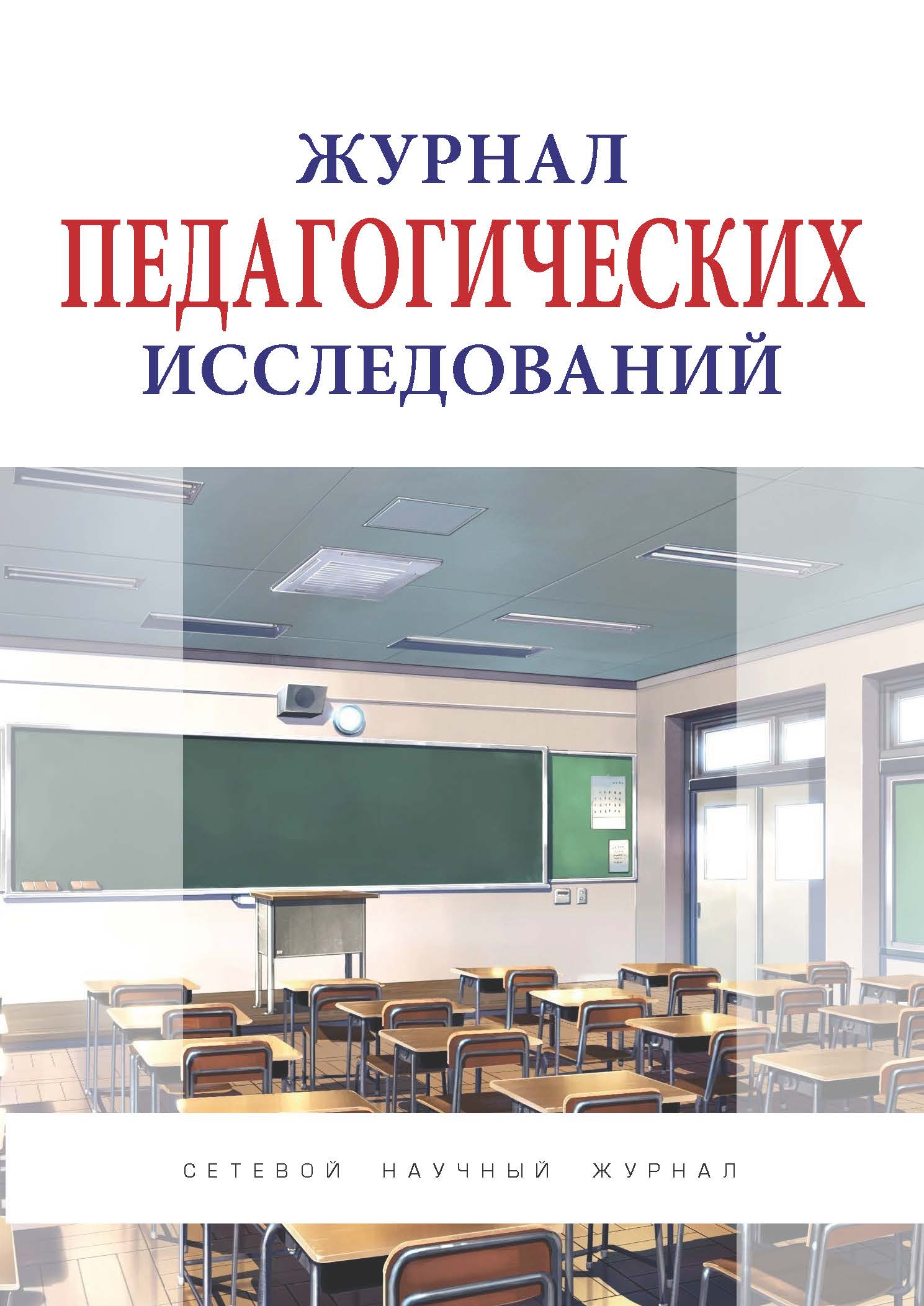Moskva, Moscow, Russian Federation
UDC 378
CSCSTI 14.00
Russian Classification of Professions by Education 44.00.00
Russian Library and Bibliographic Classification 6
Russian Trade and Bibliographic Classification 7
The traditional education system is slowly adapting to the rapid technological changes in the mod-ern information society. Thus, it is necessary to constantly update and improve the content and methods of training in order to prepare "new generation engineers" who are able to take responsi-bility when making decisions, who are able to apply critical thinking and creativity to their work. All this implies a firm commitment to self-development and lifelong learning. In addition to these skills, the most important competence of engineers is the ability to use at least one foreign lan-guage, very often English, as a tool for professional communication in the national and interna-tional labor markets. Despite the understanding of the importance of language, there are problems with language competencies in Russia, which is reflected in the low ability of young professionals to participate in international projects and research. This problem can be explained by some incon-sistencies in the existing system of language education in Russia. Firstly, there is a lack of continu-ity in the teaching of languages in schools and universities; secondly, it is lower mobility in Russia compared to Europe; and, thirdly, the number of hours of language teaching is reduced. In order to minimize these inconsistencies that support development, the language education system needs to be strengthened by strengthening students' self-learning. Self-learning, in turn, cannot exist inde-pendently; it must be organized and methodically supported by mentors and learning tools. In this sense, information technologies that provide interactive online learning in combination with tradi-tional classroom teaching methods can play a significant role. This combination is called blended learning. The article examines the practice of Russian language teachers on the use of the mixed learning method in teaching English to students who do not speak the language. The experiment involves the use of the MOODLE platform, which allows you to upload materials for various pur-poses, including animation and authentic texts for listening and reading, as well as to organize an individual trajectory of students' learning under the constant supervision of teachers.
education, foreign language, MOODLE
1. Belyaeva V.S. Conflicts between students in a general education institution and ways to resolve them / V.S. Belyaeva // Bulletin of Science and Practice. -2018. -Vol. 4. -No. 8. -pp. 293-297. DOI: https://doi.org/10.5281/zenodo.1345306; EDN: https://elibrary.ru/UWAKKP
2. Myasoedov A.I. Problems of deinstitutionalization of traditional attributes and gender stereotypes / A.I. Myasoedov, S.P. Ivanova // Problems of modern pedagogical education. 2020. № 66-2. 313-316 EDN: https://elibrary.ru/VSNGGA
3. Myasoedov A.I. Strengthening and reproduction of stereotypes: ethical considerations when conducting research / A.I. Myasoedov // Scientific research and development. Social-humanitarian research and technology. - 2021. - Vol. 10. - No. 3. - pp. 93-100. - DOIhttps://doi.org/10.12737/2306-1731-2021-10-3-93-100. EDN: https://elibrary.ru/XEJVXZ
4. Panova S.G. Conflict management in the workforce using business games / S.G. Panova, M.V. Radosteva // Economics and management of management systems. - 2020. - № 1(35). - Pp. 56-63. EDN: https://elibrary.ru/KTIMRP
5. Pryazhnikova E.Yu. Innovative activity of a teacher as a conflict-prone zone of his safety // Factors and conditions for the eradication of corruption and other negative phenomena in education: psychological and pedagogical aspect: collection of scientific papers of the III All-Russian Scientific and Practical Conference. 2018. pp. 26-30. EDN: https://elibrary.ru/UTNSZE
6. Pryazhnikova E.Y. Labor psychology: theory and practice: textbook for bachelors. - M.: Yurayt Publishing House, 2019. - 452 p. EDN: https://elibrary.ru/PSGFEP
7. Radosteva M.V. Teacher's salary as a factor of economic security / M.V. Radosteva // Bulletin of the University (State University of Management). 2017. No.3. pp. 71-76 EDN: https://elibrary.ru/YJTYTT






